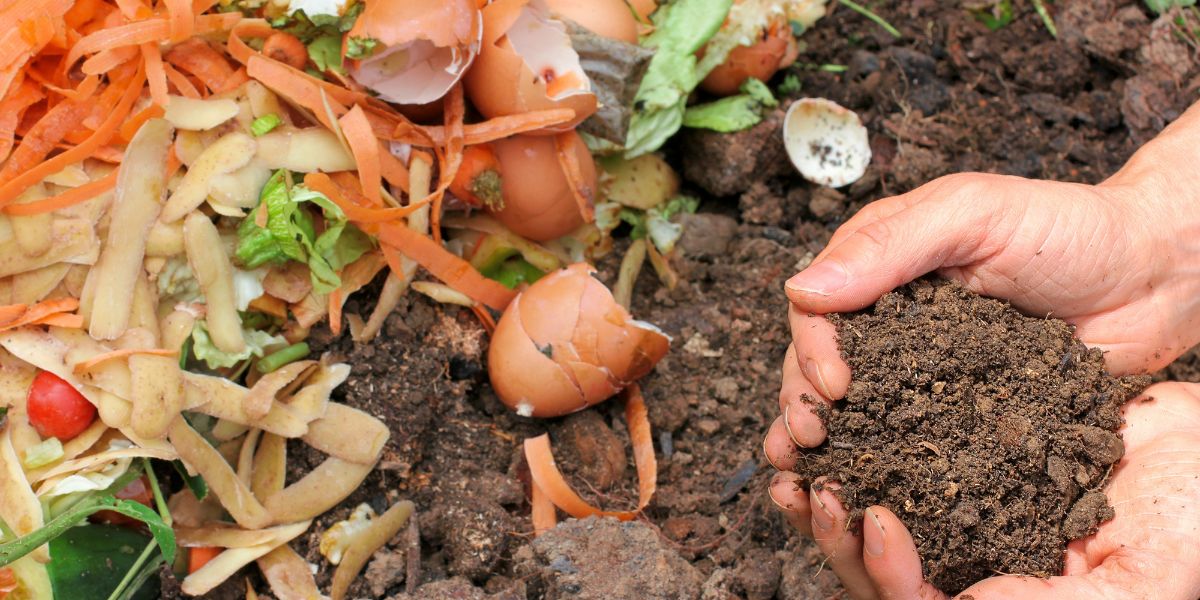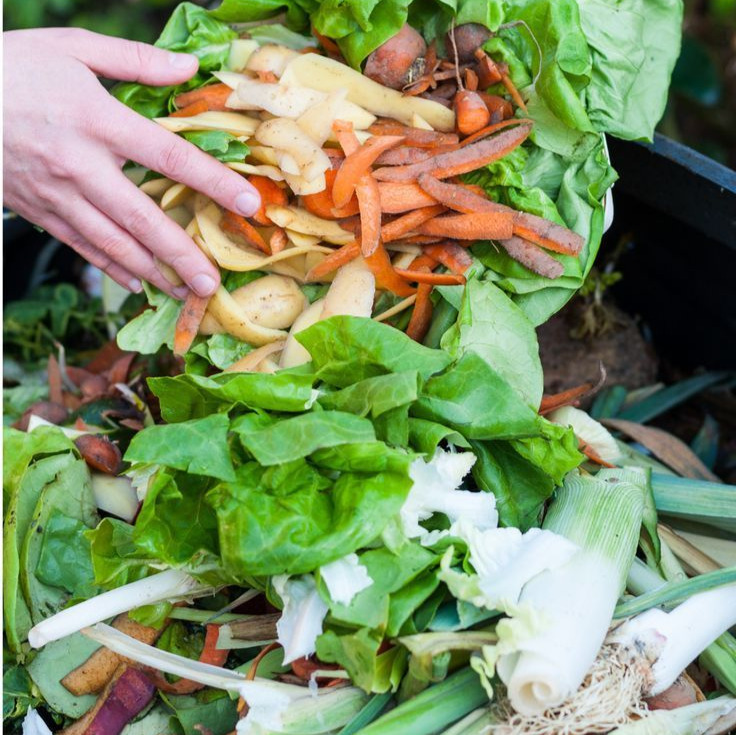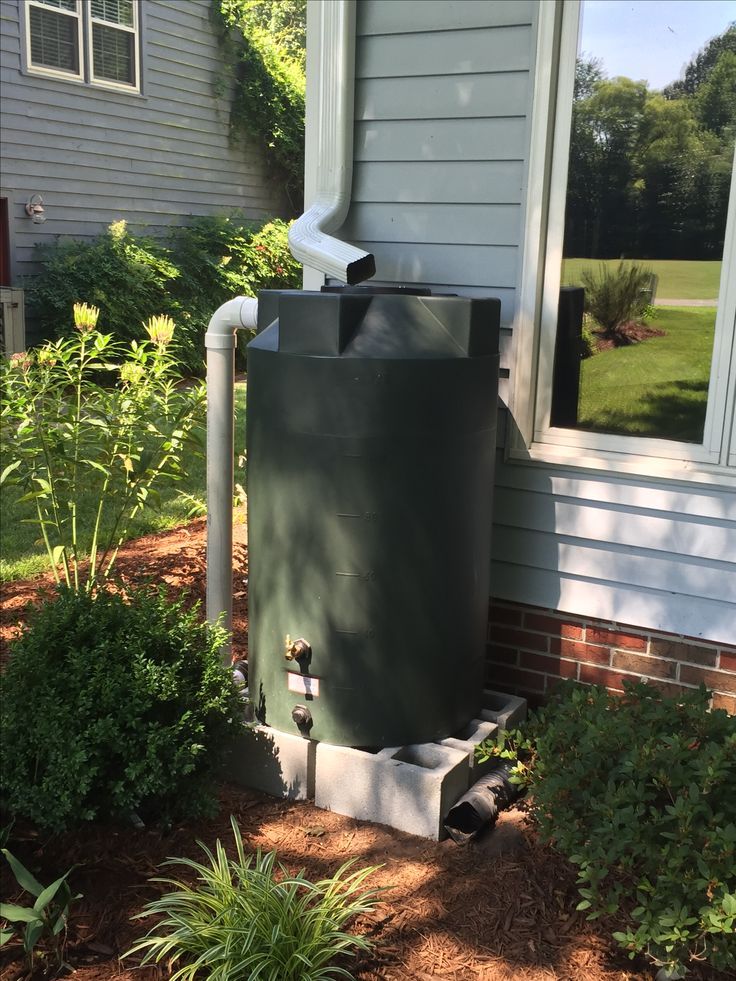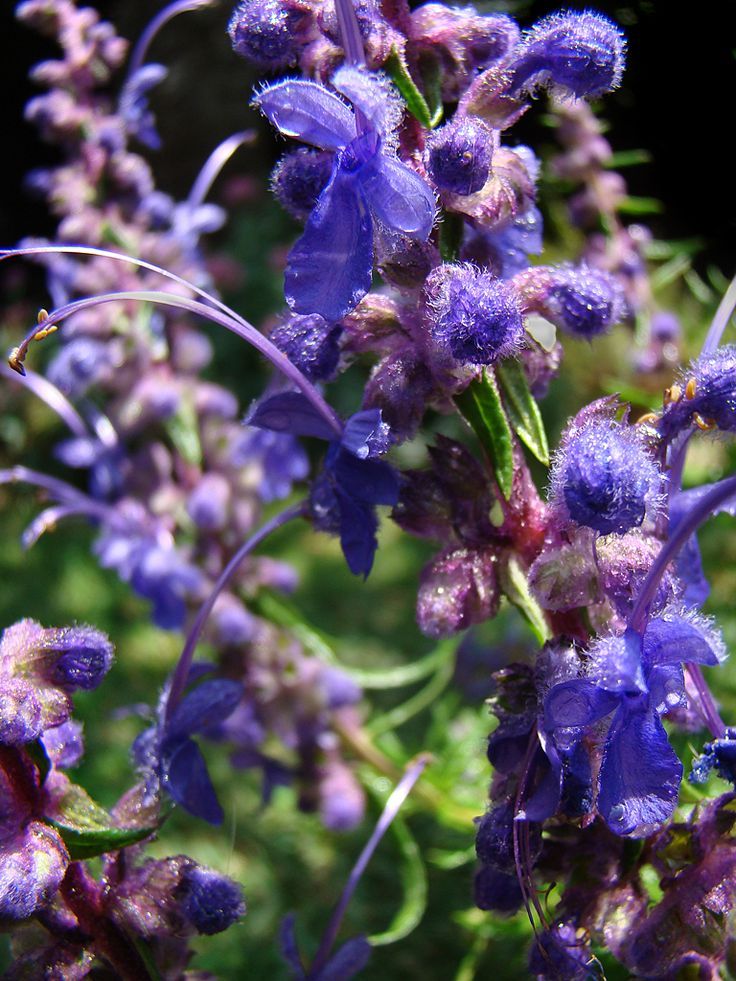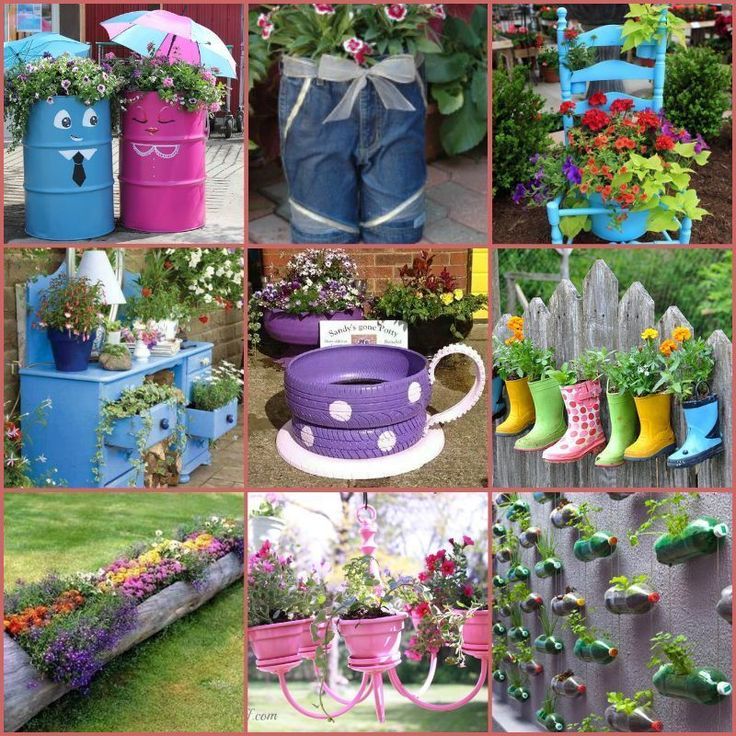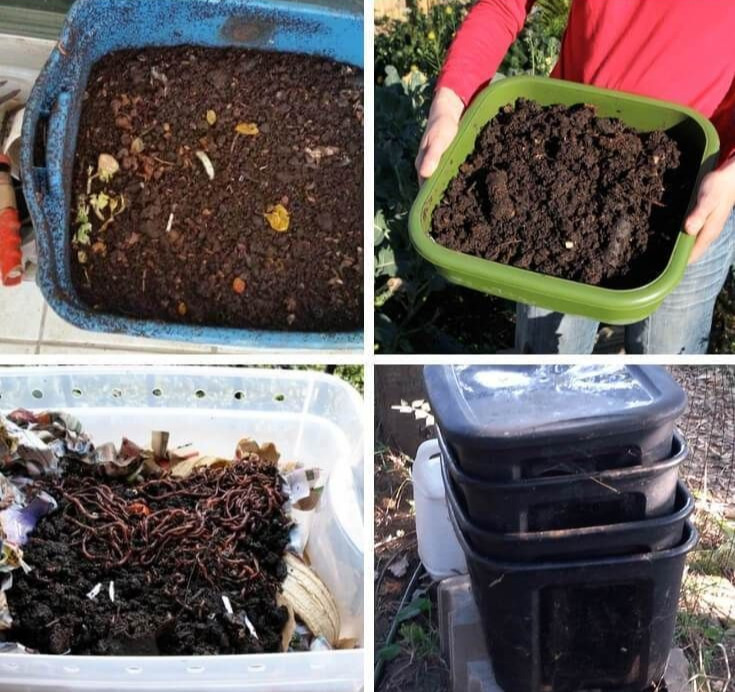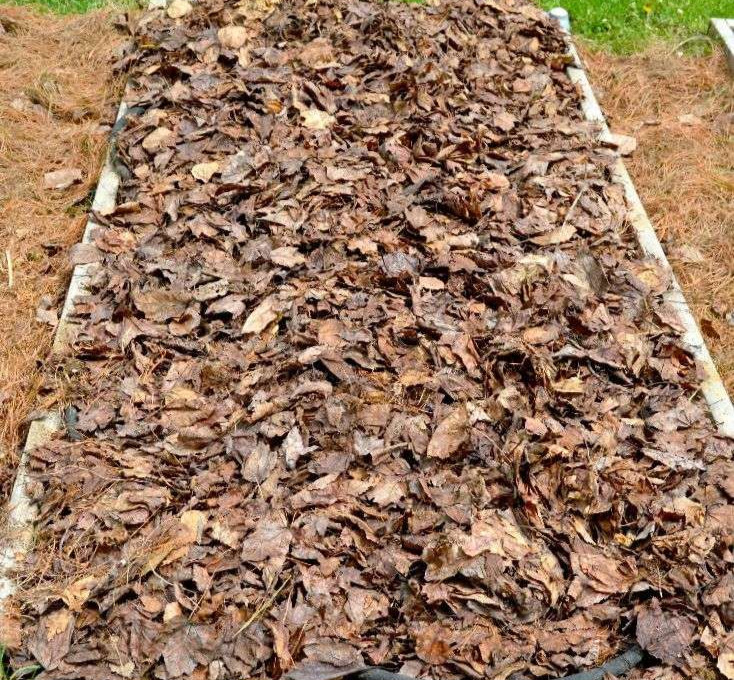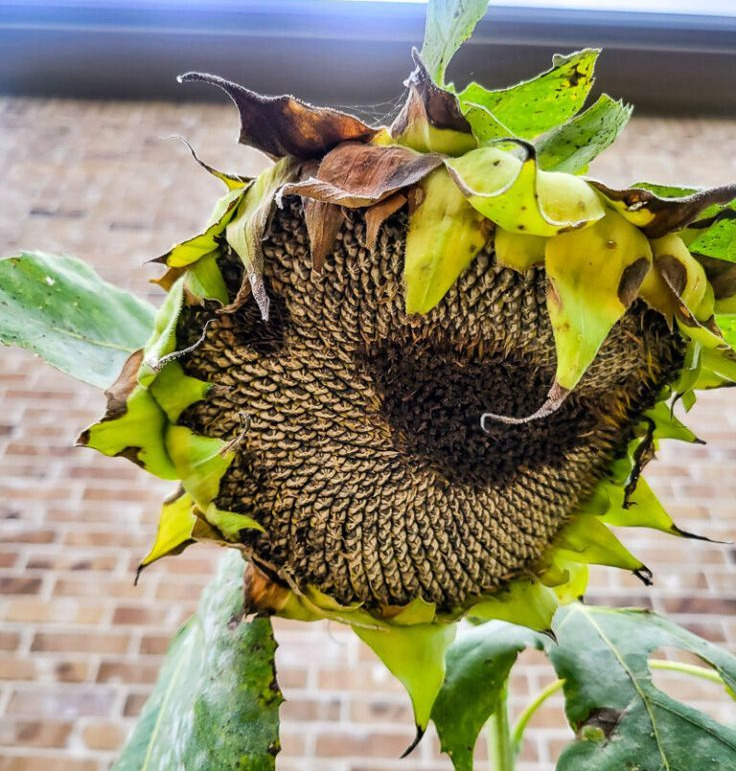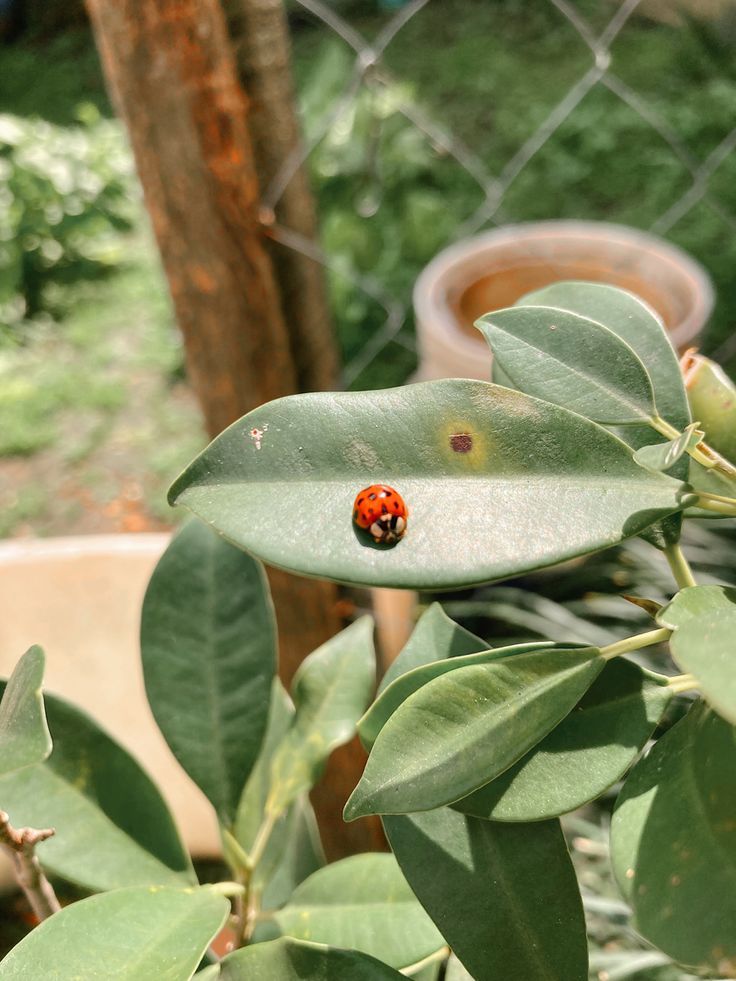Creating a zero waste garden is a rewarding endeavor that not only benefits the environment but also enhances your gardening experience.
By embracing sustainable practices, you can transform your garden into a self-sustaining oasis. In this blog post, we’ll explore eight innovative ways to achieve a zero waste garden, each with its own unique approach and actionable tips.
Let’s dig into the world of zero waste gardening and discover how you can make a positive impact right in your own backyard!
Composting Kitchen Scraps
Transform your kitchen waste into nutrient-rich compost for your garden. Start by collecting vegetable peels, eggshells, and coffee grounds. Place them in a compost bin in a sunny spot and let nature work its magic. This not only reduces landfill waste but also provides your plants with essential nutrients.
Rainwater Harvesting
Capture rainwater using a rain barrel connected to your gutter system. This conserves water and provides your garden with a natural, chemical-free water source. It’s an efficient way to reduce your water bill while ensuring your plants receive adequate hydration.
Growing Native Plants
Opt for native plants in your garden to support local ecosystems and reduce the need for chemical fertilizers and pesticides. Native plants are adapted to your region’s climate, require less water, and attract beneficial pollinators like bees and butterflies.
DIY Plant Pots from Recycled Materials
Create unique plant pots using recycled materials such as old tires, plastic bottles, and tin cans. Not only does this reduce waste, but it also adds a personal touch to your garden decor. Get creative with designs and colors to match your garden’s theme.
Vermicomposting with Worms
Enhance your composting efforts with vermicomposting. Introduce red worms to your compost bin and let them break down organic matter more efficiently. Vermicomposting accelerates the composting process and produces a richer, more nourishing compost for your plants.
Using Mulch for Weed Control
Suppress weeds naturally by applying a layer of organic mulch around your plants. Mulch retains soil moisture, regulates temperature, and prevents weed growth without the need for harmful chemicals. Plus, as mulch breaks down, it enriches the soil.
Seed Saving from Harvest
Save seeds from your harvest to plant in the next growing season. This practice ensures a continuous supply of your favorite plants and reduces dependency on store-bought seeds. Properly store seeds in labeled jars in a cool, dry place to maintain viability.
Natural Pest Control Methods
Embrace natural pest control methods by encouraging beneficial insects like ladybugs and lacewings in your garden. Plant flowers that attract these insects and create habitats for them. This reduces the need for chemical pesticides and keeps your garden ecosystem balanced.
